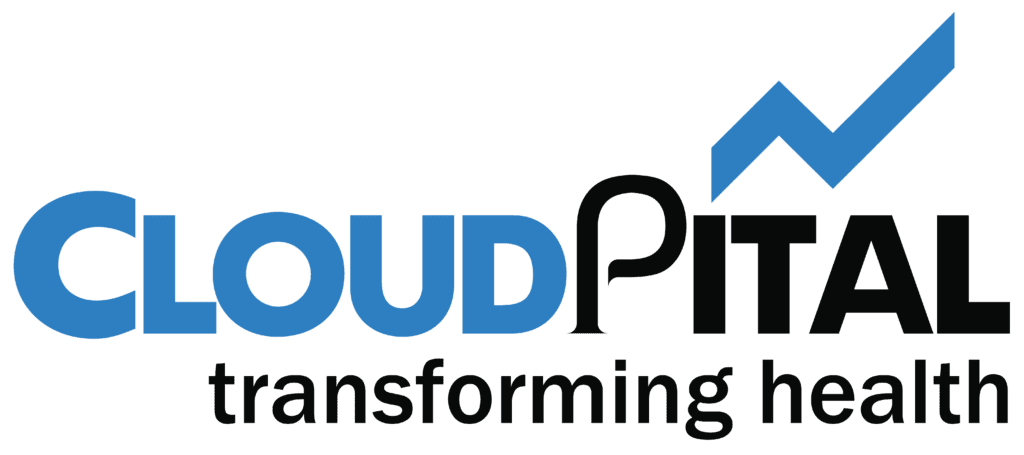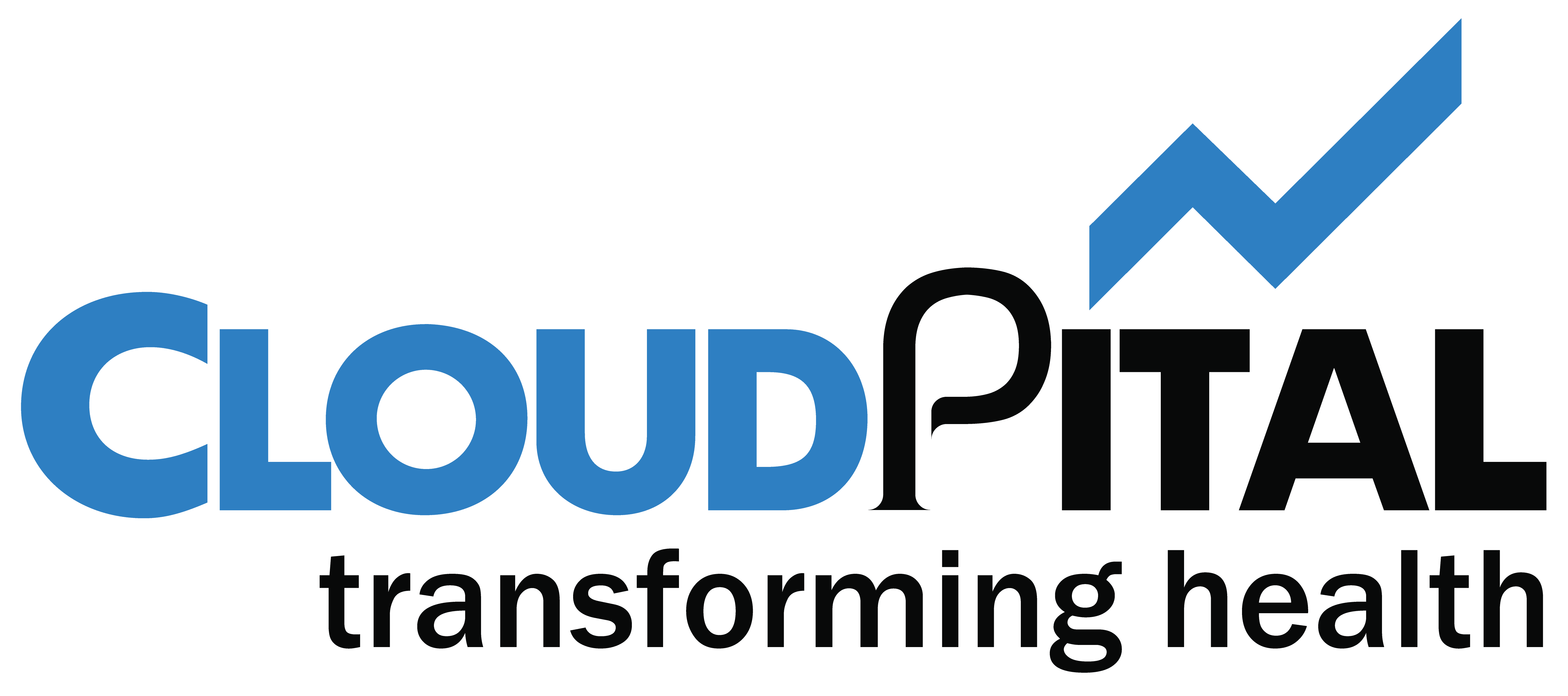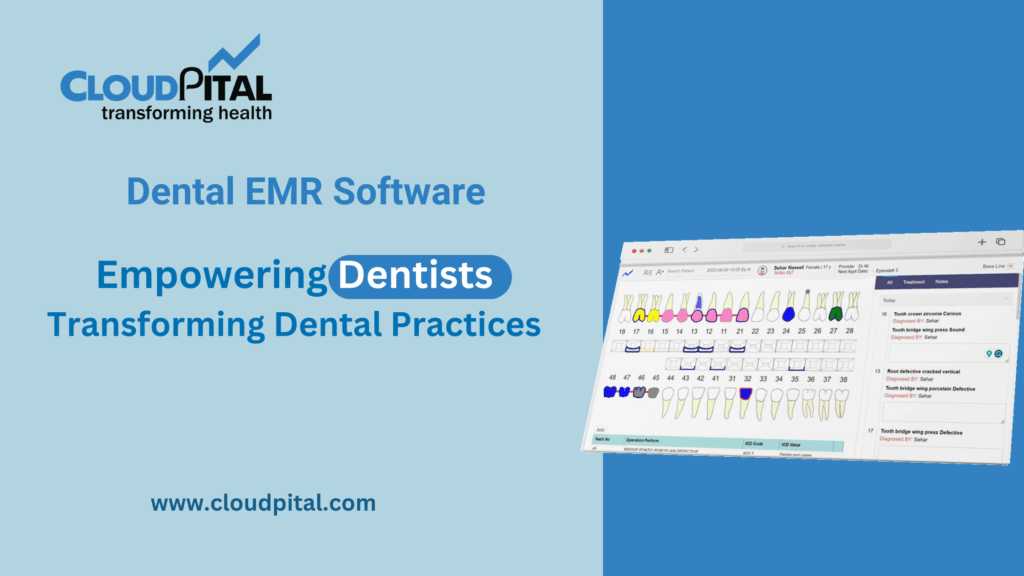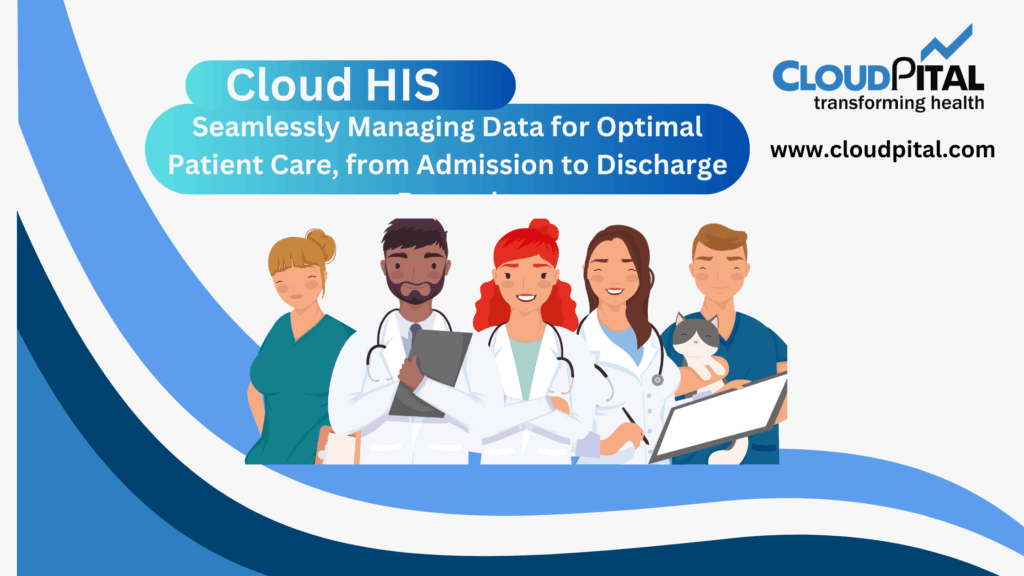Cloudpital # 1 is one of the top Vaccine Management System (VMS), managing relationships with external vendors and suppliers is crucial for organizations to maintain efficiency, quality, and cost-effectiveness. Vendor Management Systems (VMS) have emerged as powerful tools to streamline and optimize the procurement process, from vendor selection and onboarding to performance monitoring and contract management. This article delves into the key components of a VMS, highlighting their importance and impact on organizational success.
Click to Start Whatsapp Chatbot with Sales
Mobile: +966547315697
Email: sales@cloudpital.com
Cloudpital # 1 Vaccine Management System (VMS)

Vendor Database and Profile Management
A central component of any Vaccine Management System (VMS) is a comprehensive vendor database that stores detailed profiles of potential and existing vendors. This database typically includes information such as vendor contact details, qualifications, certifications, past performance, capabilities, and compliance status. Effective vendor profile management ensures that organizations have access to up-to-date information when selecting vendors for procurement needs.
Sourcing and Vendor Selection Tools
VMS often include tools for sourcing and vendor selection, allowing organizations to identify and evaluate potential vendors based on predefined criteria and requirements. These tools may include vendor scoring models, request for proposal (RFP) templates, and bid evaluation frameworks, enabling organizations to make informed decisions when selecting vendors that best align with their needs and objectives.
Contract Management and Compliance Monitoring
Contract management is a critical component of VMS, facilitating the creation, negotiation, execution, and tracking of vendor contracts throughout their lifecycle. VMS streamline contract management processes by providing templates for contract creation, automated approval workflows, version control, and renewal reminders. Additionally, VMS include tools for monitoring vendor compliance with contractual obligations, such as service level agreements (SLAs), regulatory requirements, and quality standards.
Performance Monitoring and Scorecards
VMS enable organizations to track and evaluate vendor performance through performance monitoring tools and scorecards. These tools allow organizations to define key performance indicators (KPIs) and metrics for evaluating vendor performance, such as delivery timeliness, product quality, responsiveness, and customer satisfaction. By monitoring vendor performance in real-time and providing actionable insights, Vaccine Management System (VMS) empower organizations to identify areas for improvement and drive continuous vendor performance optimization.
Vendor Onboarding and Credentialing
Vendor onboarding and credentialing tools within VMS streamline the process of bringing new vendors into the organization’s supply chain ecosystem. These tools facilitate the collection and verification of vendor credentials, such as business licenses, insurance certificates, and compliance documentation. By automating onboarding processes, VMS help organizations mitigate risk, ensure regulatory compliance, and accelerate time-to-value when engaging new vendors.

Invoice and Payment Management
VMS often include features for invoice and payment management, allowing organizations to streamline the invoicing and payment process with vendors. These features automate invoice validation, approval workflows, and payment processing, reducing manual errors, minimizing payment delays, and improving cash flow management. Additionally, Dental EMR in Saudi Arabia provide visibility into invoice status, payment history, and financial analytics, enabling organizations to optimize financial operations and ensure transparency in vendor transactions.
Risk Management and Mitigation Tools
Risk management is a key consideration in vendor management, and VMS offer tools to identify, assess, and mitigate risks associated with vendor relationships. These tools enable organizations to conduct risk assessments, evaluate vendor risk profiles, and implement risk mitigation strategies, such as contingency planning, performance monitoring, and contract renegotiation. By proactively managing vendor risks, organizations can minimize disruptions, protect against financial loss, and safeguard their reputation.
Collaboration and Communication Platforms
Effective communication and collaboration with vendors are essential for successful vendor management, and VMS provide platforms for streamlined communication and collaboration. These platforms may include messaging tools, document sharing capabilities, and project management features, enabling seamless collaboration between internal stakeholders and external vendors. By facilitating transparent communication and information sharing, VMS foster productive vendor relationships and drive mutual success.
Analytics and Reporting Dashboards
Analytics and reporting dashboards are integral components of EHR in Saudi Arabia, providing organizations with insights into vendor performance, spend analysis, compliance metrics, and other key performance indicators. These dashboards enable organizations to visualize data, track trends, and generate actionable reports to inform decision-making and drive continuous improvement in vendor management practices. By leveraging analytics and reporting capabilities, organizations can optimize vendor relationships, reduce costs, and enhance operational efficiency.
Integration with Enterprise Systems
Integration with enterprise systems is essential for maximizing the effectiveness of VMS within organizations. VMS should seamlessly integrate with existing enterprise resource planning (ERP), supply chain management (SCM), and financial systems to ensure data consistency, interoperability, and process automation. By integrating with enterprise systems, VMS provide a holistic view of vendor management processes and enable organizations to leverage data-driven insights for strategic decision-making and performance optimization.
Conclusion
Vendor Management Systems (VMS) are comprehensive solutions designed to streamline and optimize the vendor management process, from vendor selection and onboarding to performance monitoring and contract management. The key components of a VMS, including vendor database and profile management, sourcing and vendor selection tools, contract management and compliance monitoring, performance monitoring and scorecards, vendor onboarding and credentialing, invoice and payment management, risk management and mitigation tools, collaboration and communication platforms, analytics and reporting dashboards, and integration with enterprise systems, collectively empower organizations to effectively manage vendor relationships, mitigate risks, optimize costs, and drive operational excellence. As organizations continue to prioritize strategic vendor management, VMS will play an increasingly critical role in supporting organizational goals, enhancing vendor relationships, and driving business success in today’s competitive marketplace.
Click to Start Whatsapp Chatbot with Sales
Mobile: +966547315697
Email: sales@cloudpital.com
Vaccine Management System
Vaccine Management System
Vaccine Management System
What are the key components of a Vaccine Management System? similar software solutions prices were updated on 2025-07-09T07:54:03+00:00 in Saudi Arabia in Mecca, Medina, Riyadh, Khamis Mushait, Yanbu, Jeddah, Dammam, Unaizah, Uqair, Ha’il, Ta if, Al Bahah, Dhahran, King Abdullah Economic City, Najran, Diriyah, Qatif, Khafji, Jubail, Abqaiq, List of Cities and Towns in Saudi Arabia, Ras Tanura, Turubah, Jazan Economic City, Knowledge Economic City, Medina, Khobar, Abha, Tabuk, Saudi Arabia, similar software solutions prices were updated on 2025-07-09T07:54:03+00:00 We also provide in Saudi Arabia services solutions company in Hafar Al-Batin, Udhailiyah, Al-Awamiyah, Hofuf, Hautat Sudair, Buraidah, Tayma, Duba, ‘uyayna, Saihat, Al-Kharj, Al-ula, Jizan, Rumailah, Ar Rass, Arar, Shaybah, Al Majma’ah, Rabigh, Dhurma, Haradh, List of Saudi Cities by Gdp Per Capita, Badr, Sudair Industrial City, Baljurashi, Shaqraa, Al-Khutt, Habala, Ad Dawadimi, Dawadmi, Layla, similar software solutions prices were updated on 2025-07-09T07:54:03+00:00 Price is SAR 100 and this was updated on updated on 2025-07-09T07:54:03+00:00 similar What are the key components of a Vaccine Management System? software solutions prices were updated on 2025-07-09T07:54:03+00:00 in Saudi Arabia in Haql, Afif, Al-Abwa, Farasan, Al-Jaroudiya, Thadig, Al-Thuqbah, Al Wajh, Almardmah, Al-Zilfi, Muzahmiyya, Prince Abdul Aziz Bin Mousaed Economic City, Tharmada’a, Skaka, Um Al-Sahek, Sharurah, Tanomah, Bisha, Dahaban, Al Qunfudhah, Qurayyat, Saudi Arabia, Ha’ir, as Sulayyil, Al Lith, Turaif, Al-Gway’iyyah, Samtah, Wadi Ad-Dawasir, Az Zaimah, Safwa City, Jalajil, Harmah, Mastoorah, Hotat Bani Tamim, Jabal Umm Al Ru’us, Rafha, Qaisumah, Al-Ghat, Hajrah, Al-Hareeq. Excerpt: Jeddah (also spelled Jiddah, Jidda, or Jedda; Arabic: Jidda) is a Saudi Arabian city located on the coast of the Red Sea and is the major urban center of western Saudi Arabia similar software solutions prices were updated on 2025-07-09T07:54:03+00:00 Price is SAR 100 and this was updated on updated on 2025-07-09T07:54:03+00:00
24-4-2024




